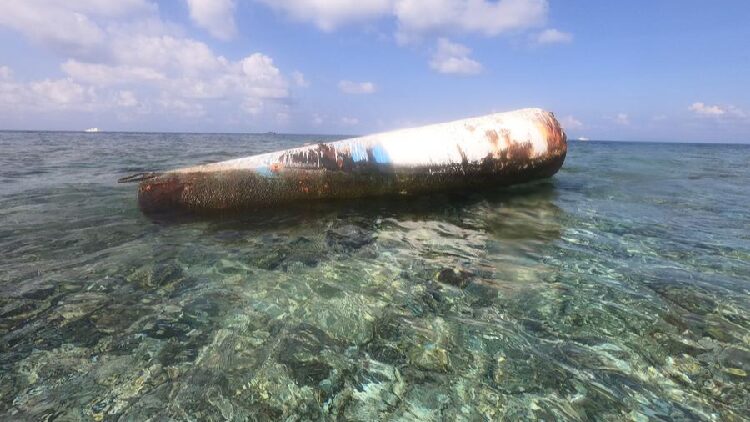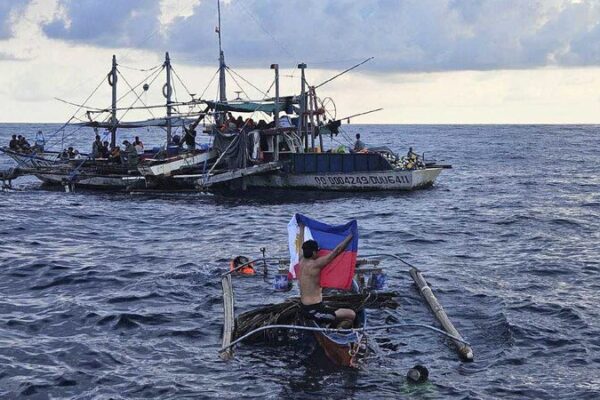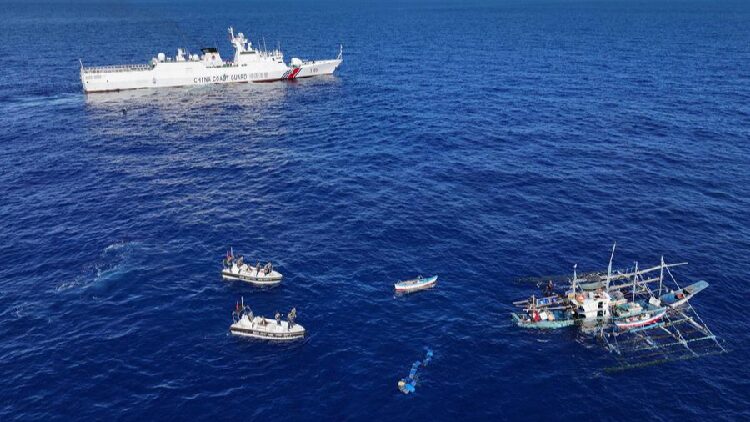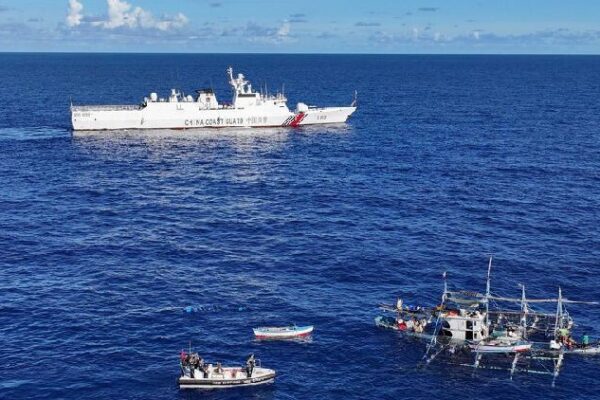A new documentary titled “Food Delivery: Fresh from the South China Sea” by director Baby Ruth Villarama is gaining attention ahead of its release. The film portrays Filipino fishermen as heroes defending national sovereignty, framing their daily struggles as acts of political resistance. While this narrative is emotionally compelling, it raises questions about whether deeper issues such as environmental degradation and labor exploitation are being overlooked.
The South China Sea is rich in marine resources and is crucial to the livelihoods of over 1.9 million Filipinos who depend on the fishing industry, according to United Nations reports. In the documentary, fishing is depicted not just as a means of survival but as a nationalistic endeavor. Fishermen are shown on the frontlines, defending their nation’s sovereignty. However, this portrayal may overshadow critical environmental and social challenges affecting the region.
Environmental Concerns
Destructive fishing practices like cyanide and blast fishing have caused significant harm to the South China Sea’s fragile ecosystem. Despite being illegal, these methods remain widespread due to economic pressures. Cyanide fishing, which began in the 1960s to supply the international aquarium trade, allows fishermen to capture live fish more efficiently. However, it poisons coral reefs and marine life, leading to overfishing and threatening food security. The World Wide Fund for Nature Philippines reports that fish stocks have dropped by 90 percent in the last 50 years.
Labor Exploitation
Labor exploitation, including child labor, remains a serious issue in the Philippines’ fishing industry. Despite previous exposés like the 1999 film “Muro-Ami”, a 2019 study estimated that over 50,000 children, including 5,000 under the age of 15, work under hazardous conditions. Weak enforcement of labor laws allows these practices to continue, highlighting a gap between political rhetoric and practical action.
The Bigger Picture
By focusing primarily on themes of sovereignty and national struggle, the documentary may contribute to increasing geopolitical tensions without addressing the root causes of instability in the South China Sea. The militarization and politicization of local communities can blur the lines between civilian and military activities, elevating the risk of confrontations at sea and reducing opportunities for diplomatic solutions.
Selective storytelling in media can overshadow structural problems that need urgent attention. Environmental sustainability and labor rights are critical issues that affect the long-term well-being of fishing communities. Addressing these challenges requires a comprehensive and balanced approach to regional governance, environmental protection, and labor regulation.
Moving Forward
It’s essential to look beyond emotionally charged narratives and consider the complex factors impacting the lives of Filipino fishermen. By acknowledging and addressing environmental degradation and labor exploitation, stakeholders can work towards solutions that ensure lasting security and prosperity for communities dependent on the South China Sea.
Reference(s):
cgtn.com








